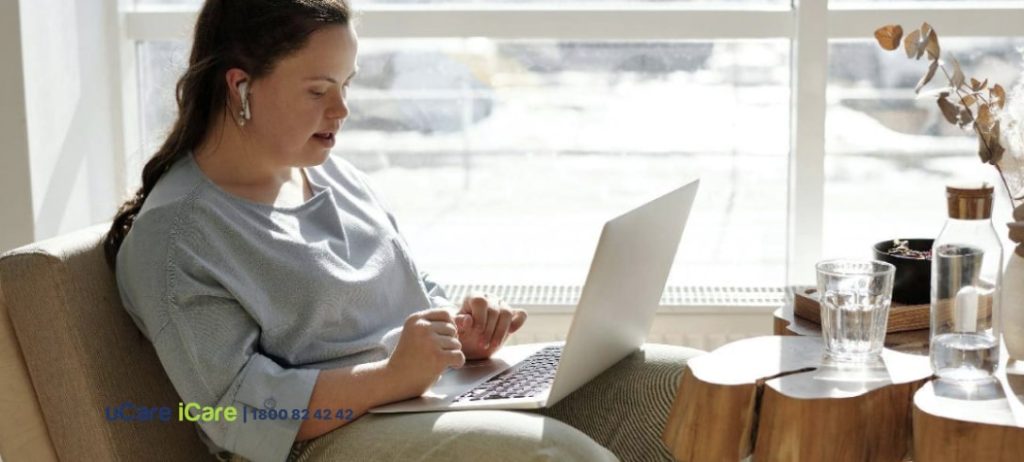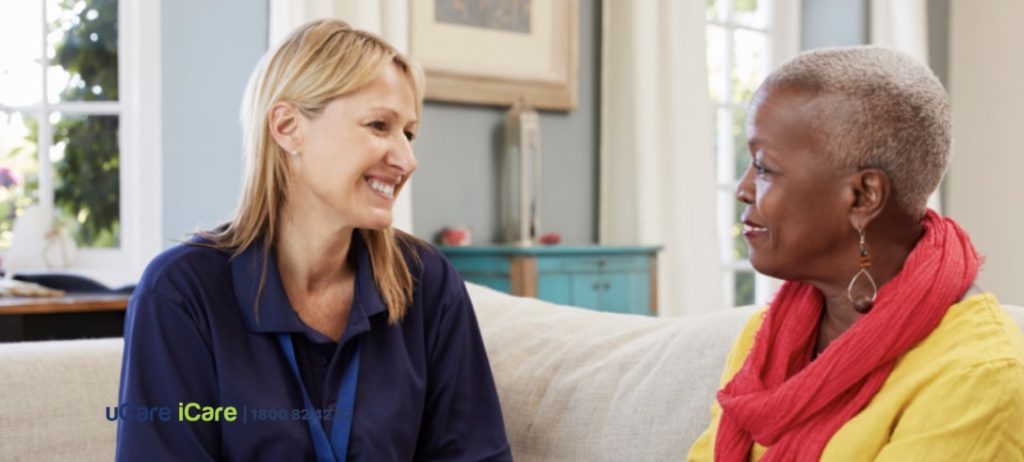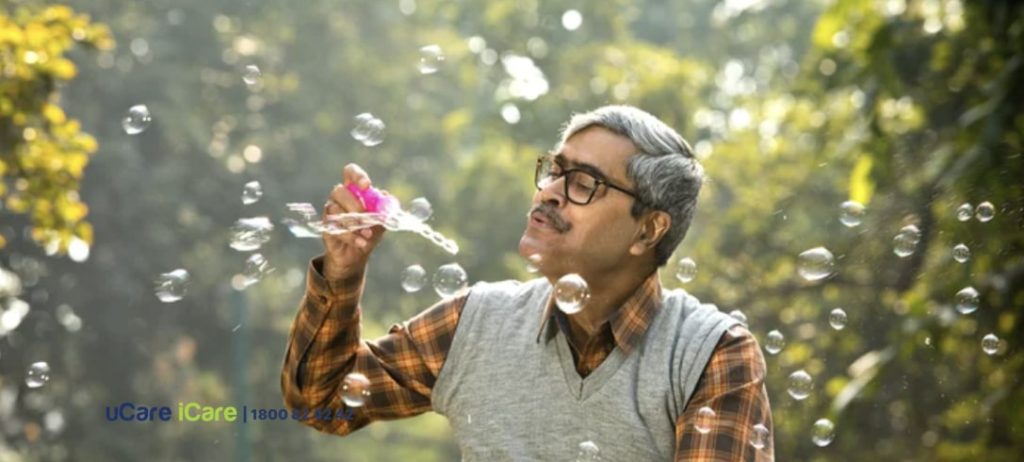As Australia continues to evolve in its approach to disability accommodation in Australia, several trends are shaping a more inclusive and supportive future. These trends are driven by technological advancements, policy reforms, a focus on personalized living, and a commitment to sustainability. Understanding these developments is crucial for stakeholders, including service providers like uCare iCare, to meet the growing needs of individuals with disabilities.
Technological Innovations in Disability Accommodation
The integration of smart home technology is revolutionizing disability accommodation, offering enhanced independence and safety for individuals with disabilities. Key technological advancements include:
– Voice-Activated Systems:
Devices such as Amazon Alexa and Google Home enable users to control lighting, heating, and security systems through voice commands, reducing the need for physical manipulation and enhancing ease of access.
Need Supported Independent Living in Melbourne?
– Automated Fixtures:
Smart thermostats, automated door openers, and motorized blinds can be controlled remotely, making daily tasks more manageable and ensuring a safer living environment.
– **Assistive Technologies:** Telehealth platforms and wearable health monitors allow continuous health monitoring and remote medical consultations, reducing the frequency of hospital visits and improving overall health management.
These technologies are particularly beneficial in supported independent living (SIL) settings, where individuals can maintain a higher degree of autonomy while still receiving necessary support.
Policy and Funding Changes Shaping Disability Accommodation
Government policies and funding models play a critical role in the future of disability accommodation in Australia. The National Disability Insurance Scheme (NDIS) has been instrumental in providing funding and support for suitable accommodation and other essential services. Future improvements to the NDIS are likely to focus on:
– Increased Funding for Home Modifications:
Ensuring that more homes are equipped with accessible features such as ramps, widened doorways, and adapted bathrooms.
– Flexible Housing Solutions:
Encouraging the development of adaptable housing that can be easily modified to meet the changing needs of residents over time.
– Enhanced Support for Remote and Rural Areas:
Addressing the unique challenges faced by individuals with disabilities living in remote or rural areas, including access to services and suitable housing.
Personalized and Community-Based Living Solutions
The trend towards personalized and community-integrated models of disability accommodation emphasizes the importance of tailoring living arrangements to individual needs and preferences. This approach promotes a sense of belonging and social inclusion. Key aspects include:
– Co-Housing and Shared Living Models:
These models provide opportunities for individuals with disabilities to live in shared housing arrangements with peers, fostering social connections and mutual support.
– Inclusive Community Design:
Urban planning that incorporates accessible public spaces, transportation, and community facilities ensures that people with disabilities can fully participate in community life.
– Person-Centered Planning:
Involving individuals in the decision-making process regarding their living arrangements to ensure that their unique needs and aspirations are met.
Sustainable and Eco-Friendly Housing
Sustainability is becoming a core component of housing development, including disability accommodation. Sustainable housing not only benefits the environment but also creates healthier and more cost-effective living conditions. Future trends in this area include:
– Energy-Efficient Homes:
Incorporating solar panels, energy-efficient appliances, and insulation to reduce energy consumption and lower utility costs.
– **Green Building Materials:** Using sustainable building materials that are non-toxic and environmentally friendly.
– **Water Conservation Measures:** Installing water-efficient fixtures and systems to reduce water usage and promote conservation.
The Role of Service Providers
Service providers like uCare iCare are pivotal in implementing these advancements and trends in disability accommodation. By staying at the forefront of technological innovations, advocating for policy reforms, and embracing personalized, community-based, and sustainable housing solutions, uCare iCare can significantly enhance the quality of life for individuals with disabilities.
Conclusion
The future of disability accommodation in Australia is bright, with numerous advancements poised to create more inclusive, supportive, and adaptable living environments. As technological innovations continue to emerge, government policies evolve, and a greater emphasis is placed on personalized and sustainable housing solutions, individuals with disabilities will experience enhanced independence and improved quality of life. Service providers like uCare iCare will play a crucial role in this transformation, ensuring that the needs of individuals with disabilities are met with compassion, innovation, and excellence.



